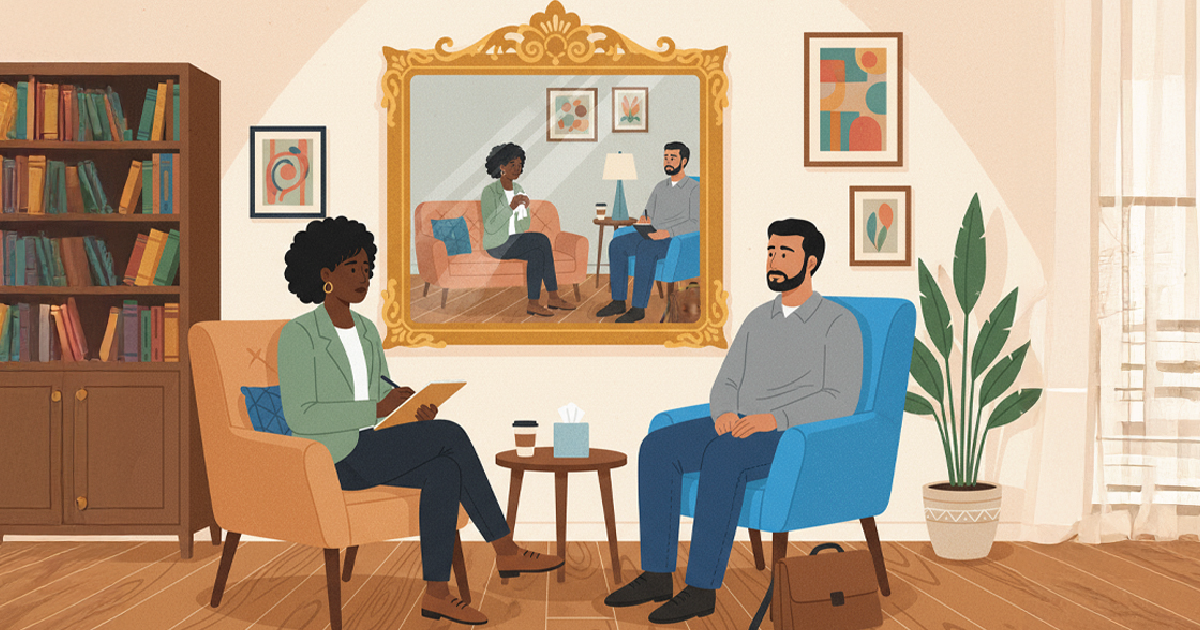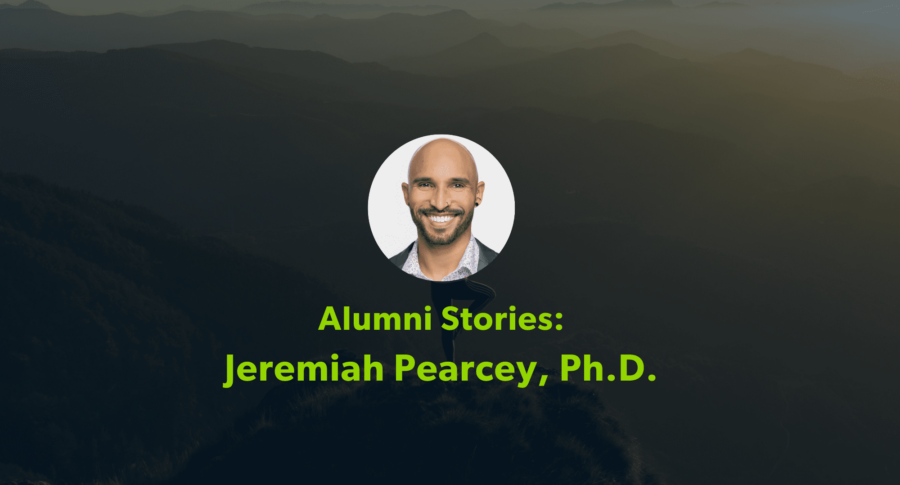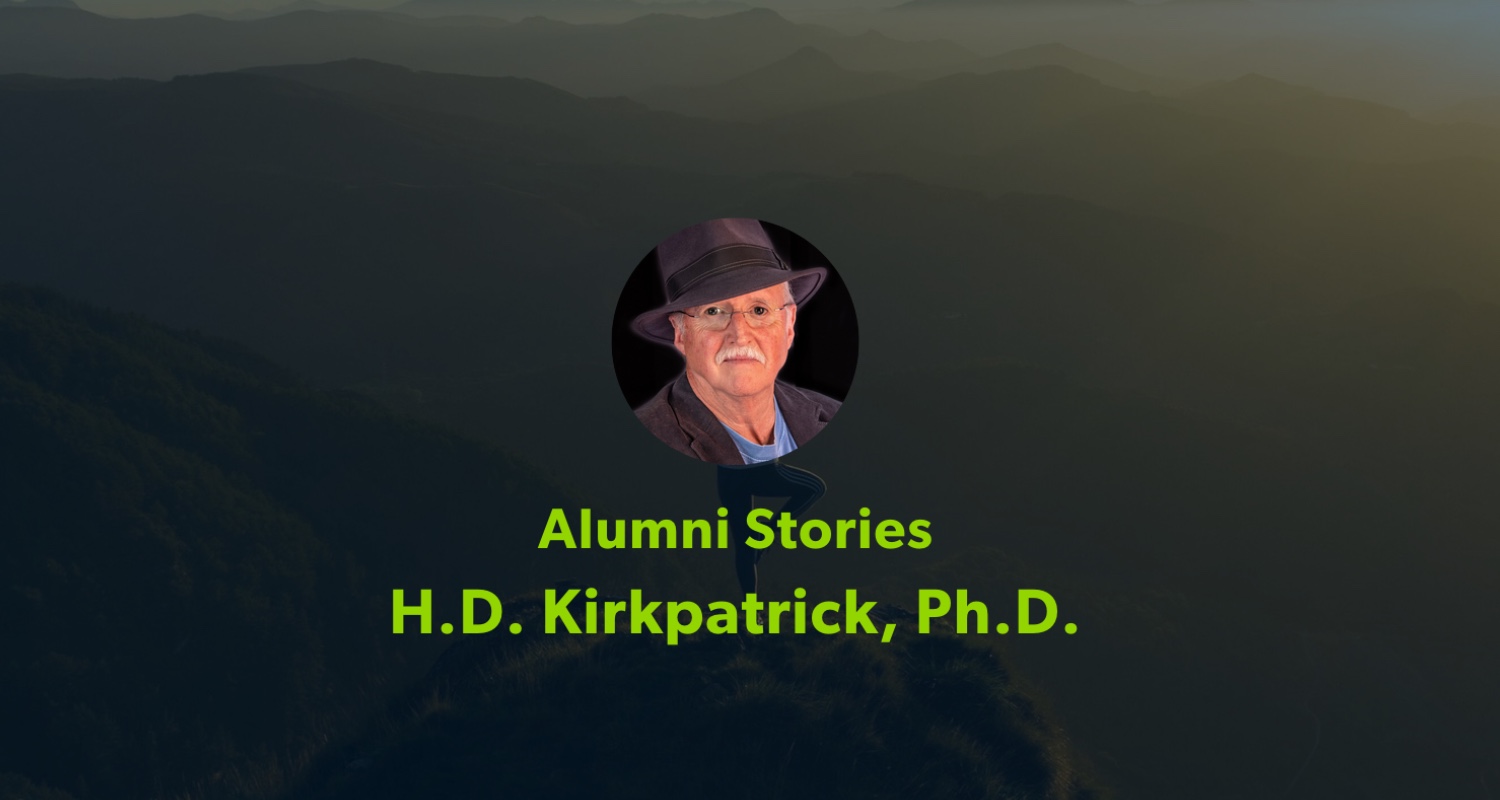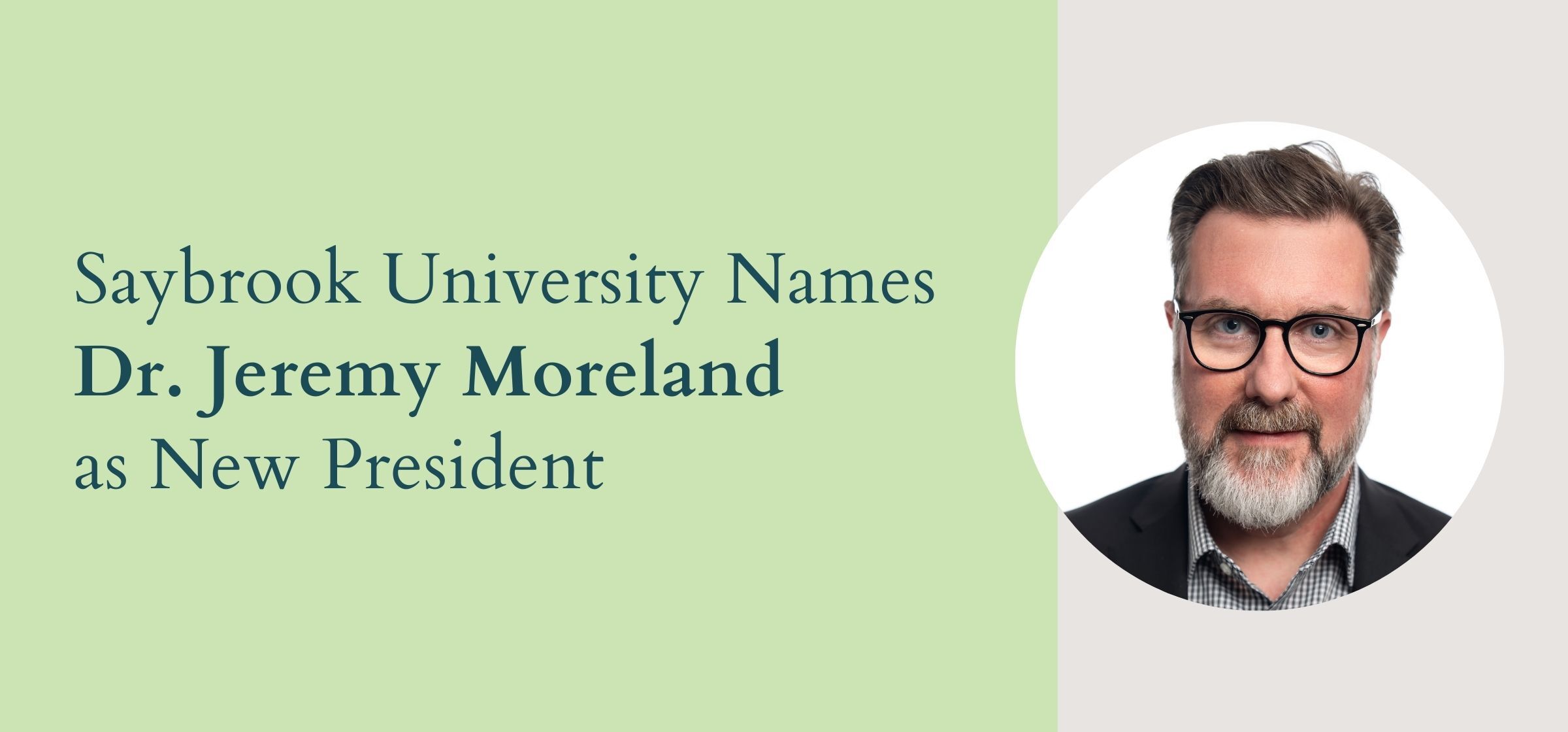While there are many different triggers for stress—health, money, work, family responsibilities, and relationships are a few of the most common, according to the American Psychological Association (APA)—cognitive psychologist Jeremiah Pearcey, Ph.D., believes social isolation and divisiveness are making people more sensitive and susceptible to all of them. Instead of medication or meditation, he therefore suggests fighting stress with a different kind of prescription: empathy.
“What you see right now in our country is an unwillingness to even consider somebody else’s experiences,” says Dr. Pearcey, a Saybrook University graduate who is now adjunct faculty in the university’s Mind-Body Medicine Department. “There’s no need to talk to other people or work things out with them because we’ve already made up our mind about who they are. Unless we can get back to empathizing with each other and not being so judgmental of individuals that we don’t know, we as a society are going to continue to feel deeply and chronically stressed.”
Raised to Relate
Dr. Pearcey’s passion for empathy is personal. Although he’s now based in Houston, Texas, he was born in Northern California and grew up traveling the world with his parents and four siblings.
“My dad joined the U.S. Air Force when I was 2, so I spent pretty much my entire childhood moving around,” says Dr. Pearcey, whose travels have taken him to 45 different countries. His experiences engaging with different cultures has a lot to do with his commitment to empathy. Equally influential, however, were his experiences as a mixed-race child in a white family.
“My mom, who is white, had me when she was 19 with my biological father, who is Black. She married my dad when I was 1, and he adopted me when I was 12,” Dr. Pearcey says. “That had a big impact on my life. Not because my family treated me differently, or because I experienced a significant amount of racism, but just because of the fact that I was different. I didn’t look like everyone else in my family, and that always caused people to pause. I picked up on that and became really sensitive to people’s perceptions of me—especially as I got older, and people started asking me why I don’t talk ‘Black’ or act ‘Black.’ My experience with racial stereotypes pushed me to try understanding myself and the world, and where I fit in.”
When his self-reflection made him more interested in understanding others, he decided to pursue a career in cognitive psychology. “I developed a mindset of trying to understand how other people think, and how those thoughts translate to behavior,” explains Dr. Pearcey, a combat veteran who followed in his father’s footsteps by spending 13 years in the U.S. Air Force. Because he and many of his friends struggled with PTSD because of their service, he decided to dedicate himself to understanding stress and helping people manage it.
Shrinking Stress
Dr. Pearcey has been promoting empathy as a stress management solution since 2021, when he established his own stress management consultancy, Corporate Stress Management Initiatives (CoSMI). As CEO, he offers enterprise education and training to corporate clients who want to help employees foster positive habits, better work-life balance, and increased mindfulness.
Typical of Dr. Pearcey’s clients is Harris County Public Health, which recently asked him to create a workshop about belonging and inclusion as a facet of stress. “We’re exploring how not belonging and not including people causes stress for those individuals, and how that kind of workplace stress impacts performance,” Dr. Pearcey says. “Empathy is at the core of that. Because in order to include somebody, you have to be willing to put yourself in their mindset.”
Another client is the Houston Police Department. “I’m working with them on conflict resolution, helping officers understand how their stress level impacts everyone they’re working with or dealing with,” Dr. Pearcey continues. “What I really want them to understand is that their ability to empathize with people can be the difference between somebody having a violent outburst and somebody working with them quietly to solve a problem. If you can’t empathize with someone because you’re judging them, it means you’re probably treating them differently. And when you treat someone differently because of how you perceive them, that causes them to reciprocate your negative behavior or energy. Things go back and forth like that until they finally escalate out of control.”
Whether one is a public health worker, a police officer, or just a regular person trying to live their best life, one’s inclination to judge instead of empathize creates chaos, Dr. Pearcey says. “People create their own stress through judgment,” he observes.
‘My Goal Is to Change the World’
Saybrook University has been pivotal to Dr. Pearcey’s journey. “Saybrook has been of the most integral facets of my current trajectory,” he says. “I think that’s because it fosters diversity of thought … When I came to Saybrook, I met a bunch of people with really diverse perspectives who had a lot of knowledge to share, and that really opened up my world. Immediately when I landed here, I felt like I belonged. It was a community of learners, practitioners, and people who wanted to make the world a better place. I never wanted to leave, so here I am seven years later, teaching as an adjunct.”
Find Out More
Recent Posts






























